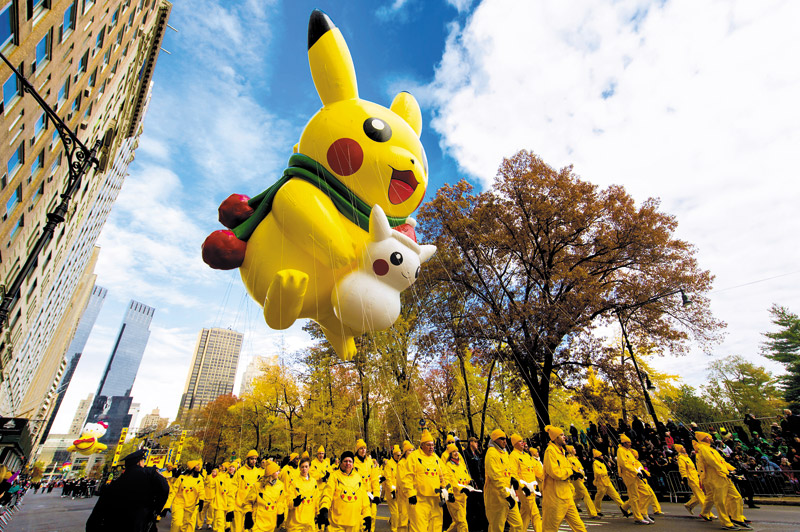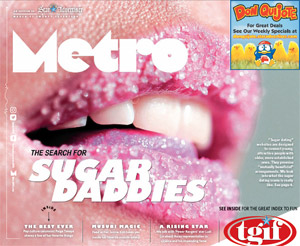Moana V. Pikachu

The setting of the recently released ‘Pokemon Sun’ and ‘Moon’ is a fictional land inspired by Hawaii
AP PHOTO
Question of the day: Which recent major media release contained culturally insensitive depictions of Hawaii?
That’s right, it’s … Pokemon Sun and Moon!
There’s gotta be irony in the fact that, despite all the gestures Disney made to address cultural accuracy, portrayal and sensitivity in their production of Moana — including the Oceanic Story Trust of experts, non-white cast members and extensive, much publicized research — they’ve taken all the heat as modern-day colonizers and exploiters of native peoples.
Meanwhile, a bunch of Japanese game developers took a vacation to Hawaii, thought it was freakin’ sweet, and decided to make their next project entirely about that experience. Hawaii is now immortalized as the Alola region.
And no one is talking about it. I mean, it’s a great game. The best Pokemon game in years, for sure, by any standpoint. But leaving the gamer in me aside, and looking strictly at its depiction of Hawaiian culture? It’s not all sunshine and rainbows.
We could talk about its haphazard use of Hawaiian words (one of the high-powered Guardian Deity Pokemon is named Tapu Koko, which Bulbapedia speculates is an amalgamation of the words for “forbidden” and “cock-a-doodle-do”), or its cheerful depiction of Alolan hula girls welcoming tourists (each major city has a friendly visitors bureau, in fact), or the random iconography strewn everywhere. We could talk about a lot of things!
It’s not bad stuff — you can tell the developers really love Hawaii, but are following Japanese ways of expressing that — but it perpetuates old stereotypes and demonstrates, if nothing else, carelessness.
I’m wondering why we’ve got a huge cultural blind spot about this.
There are two ways we can look at it, I think. One, video games are just perceived as less culturally significant than movies. Box Office Mojo estimated that as of Nov. 29, some 10 million people had seen Moana in America alone. Meanwhile, Pokemon Sun and Moon has shipped 10 million copies worldwide as of Nov. 18 — a huge, unprecedented number for a Nintendo 3DS game, but not much by movie standards.
I think that’s absolute garbage logic. But I’m not the mainstream.
Or two, it’s a matter of race — specifically, the race of each title’s creators. Despite all their insistence on Polynesian consultants and involvement, the big men in charge of Moana were two American white guys; for Pokemon, it was a bunch of Japanese men and women (minus the cadre of cultural experts, from all indicators).
The white man, with his history of oppression in the Pacific, is no easy figure to spearhead what obstinately claims to be a celebration of (colonized amalgamation of multiple) cultures. Every omission, every addition is a political act. The very shape of Maui’s body is a statement that could spawn books of protest.
International cultural appropriation, as it were, just doesn’t seem to spark the same fervor and intensity of scrutiny and protest. Nor, it seems, do video games.
Maybe I’m overthinking it. But there are a lot of kids in Hawaii today playing these games, loving them — and not learning to think about them critically outside of that love. That, to me, seems like the real game over.
PTAKEYA@MIDWEEK.COM
TWITTER: @LORDMAYOCLOUD

